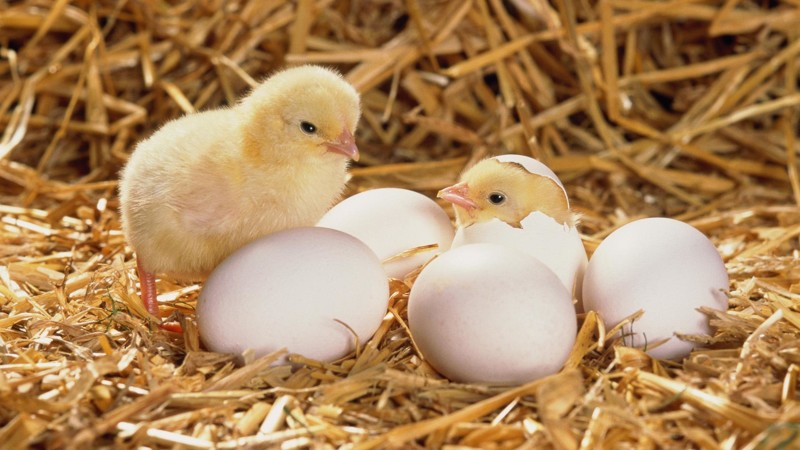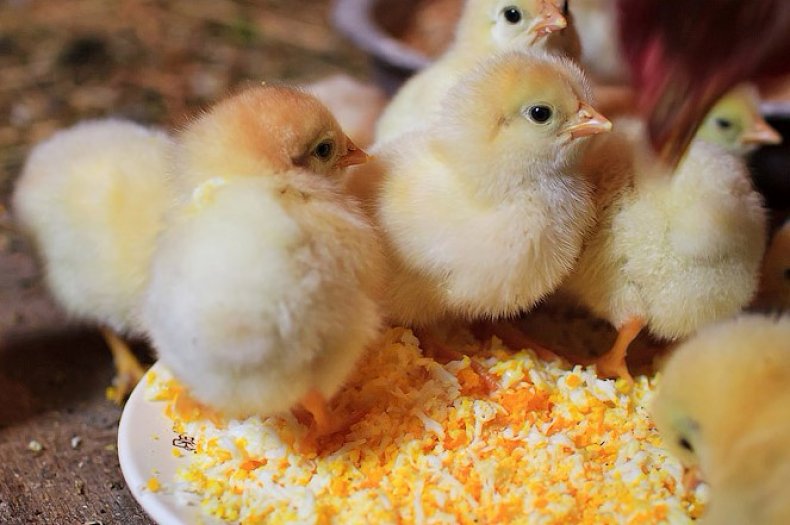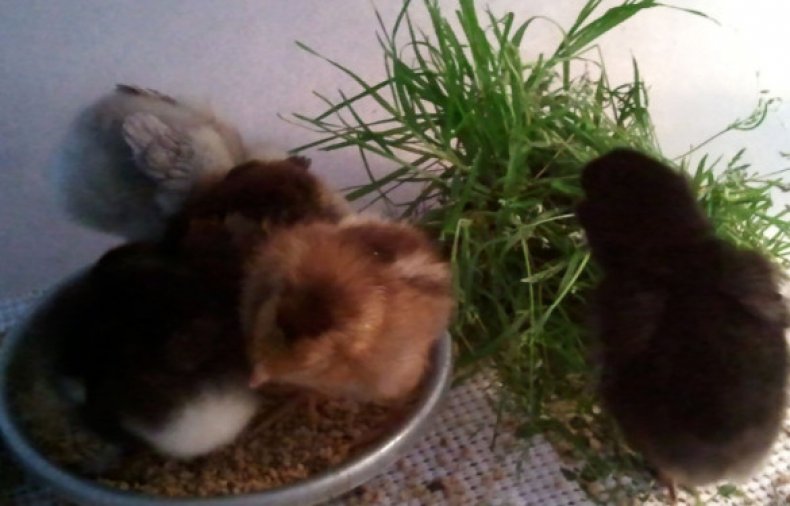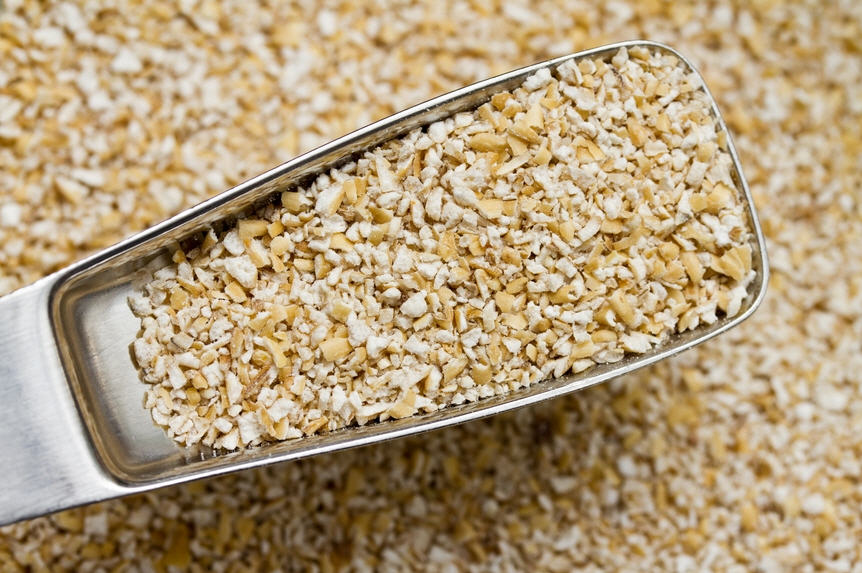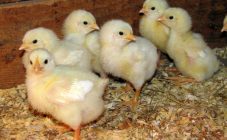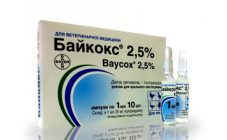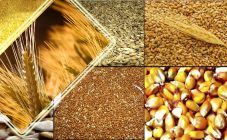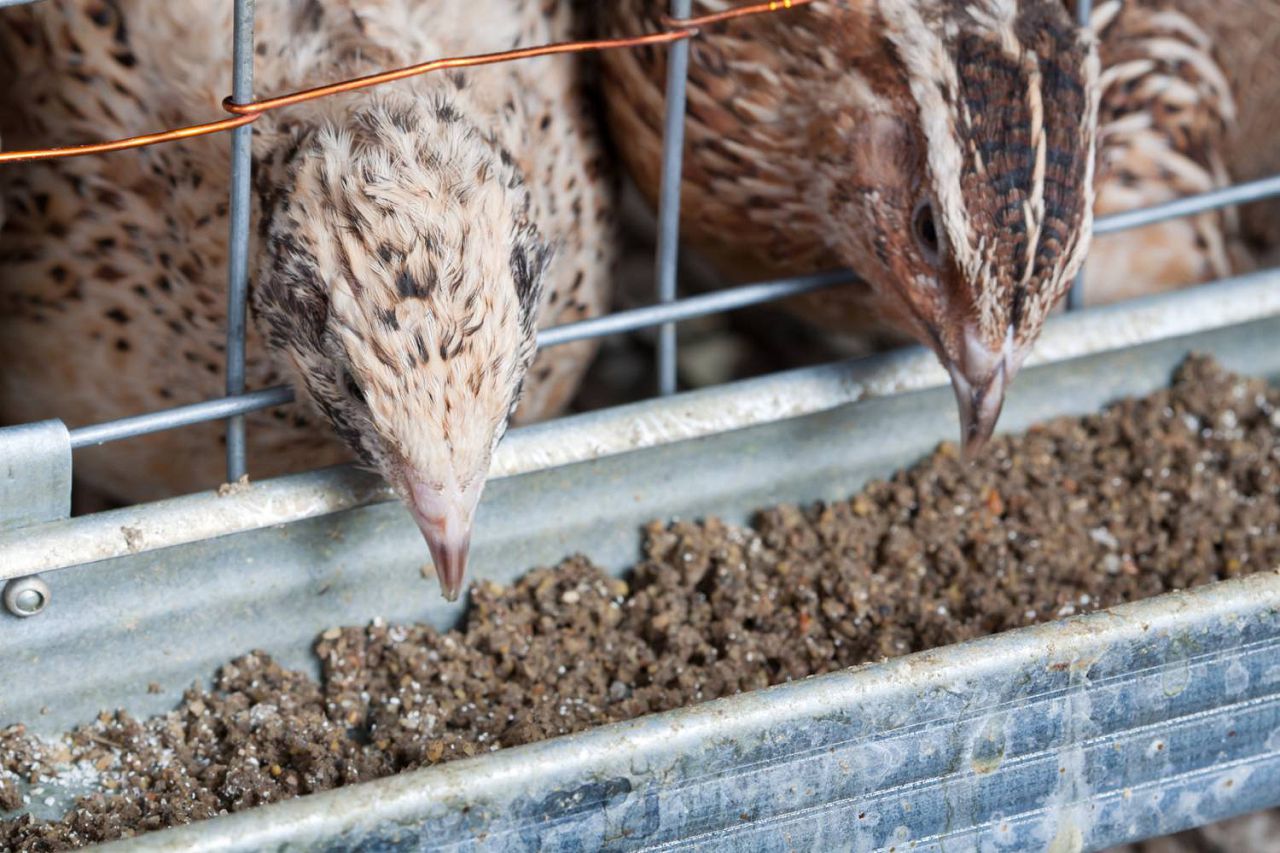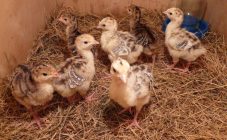Content:
When feeding small chickens, diet is very important. It must be nutritious, balanced, of high quality and pure. How to achieve this and how to feed monthly chickens, this article will tell.
The importance of feeding
The first ten days in the development of chicks will be especially important. At this time, it will be necessary to change products in accordance with the needs of their health. Therefore, it is recommended to prepare the food the chicks need in advance.
This is especially important when it comes to the time when the chick has just hatched.
When chickens have just emerged, they do not know how to eat on their own. In order for them to survive and grow into adult birds, they need to be fed very carefully in the first month of life.
Their chicken yolk sac contains valuable nutrients that will help them survive for some time, but they are only enough for the first few hours of life.
At this time, a feeder is placed in front of the chicks and they begin to feed them in strict accordance with the rules. Otherwise, their health may be damaged.
Newly born chickens
The following rule is known: the digestive system will form the faster, the earlier the chickens begin to peck food.
Sometimes it happens that a newly born chick has not touched its food: it does not eat for several hours and begins to weaken. In the future, this can lead to serious health problems for life.
To feed the chickens, it is necessary that, immediately after birth, a small amount of boiled corn grits is poured next to them. Once the chicks are dry and able to stand up, they should be able to peck at food.
The choice of corn grits is based not only on the fact that they are nutritious, but also on a small size that will suit newborn chicks.
You also need to make sure that the containers in which the chicks are kept are always dry and clean.
Another type of food offered at this age is egg yolks. However, some experts believe that they are too oily and can lead to stomach upset later on.
Just as important as food is the environment in which the chickens live. It is important for them that a certain temperature regime is observed when caring for them. Optimally, if it stays within 29-30 degrees during the first six days, then it will be possible to reduce it to 26-28 degrees. Every two weeks, you will need to lower it by an additional three degrees. After three months, the chicks will be able to feel normal if the temperature is 18-19 degrees. It must be provided, regardless of whether it is winter or summer now.
Day old chicks
When small birds are 24 hours old, the diet needs to be changed. Now the food they recommend includes:
- corn grits;
- barley;
- semolina;
- ground oat flakes;
- wheat groats.
Feeding is organized in such a way that food is given every two hours. At the same time, the portions are made small - otherwise the birds can scatter the feed.
The very first food in the period under review is recommended to be prepared by hand. To do this, you need to take the yolk from a hard-boiled egg. Then you need to add the ground shell. Before processing, you must remember to clean it from the film. A little semolina is added to the resulting mixture, due to which the yolk will not stick together.
It must be remembered that chicks learn to peck liquid food gradually. Therefore, at first, you can give them some liquid kefir for food with a pipette.
When giving several types of feed, you should not mix them. The fact is that the chickens in this situation will begin to choose the one that they like best. In order to properly organize a varied meal, you only need to serve one type of food at a time.
In the future, they begin to additionally give other types of food. For example, cottage cheese is a good idea. It is recommended to accustom to new food gradually, increasing portions over time. Cottage cheese begins to be given to two-day-old chickens. It is recommended to do this in the morning, mixing it with cereals.
At the same time, you can pour liquid kefir or whey (fresh) into the drinker. Chickens usually love to drink them.
Three-day-old birds can already introduce greens into their diet. Good choices are: green onions, dandelion, clover, nettle. The first of them is able to well protect the stomach of birds from intestinal infections.
A second feeder should be made in order to offer the chicks fine gravel, sand, and also ground shell.
Weekly chicks
They are leaving the risk group. At this age, the likelihood of problems with chickens decreases dramatically. More precisely, this refers to those birds that are eleven days old.
Weekly chicks are fed every three or four hours, even at night. After they turn ten days old, they can only be fed during the day.
At this time, cereals are the basis of the diet. Giving egg yolk, if not done before, is now not recommended.
It is necessary that the birds receive fermented milk products constantly. Kefir or yogurt is good. They can be poured into the drinking bowl for chickens. These foods have a positive effect on the digestive process.
This age is convenient for starting vitamin supplements for little hens. One way you can do this is by introducing trivitamin into your diet. If you give the chickens fish oil, then it will be a good feeding. It is enough for one chicken throughout the day in the amount of 0.1 g.
Monthly chicks
At this time, young layers are already quite developed. They spend a lot of time walking and are quite strong. How to feed chickens at 1 month at home:
- At this stage of development, they are able to independently ensure that they have enough minerals and greens in their diet.
- Starting from the age of one month, salt is added to the feed in an amount of 0.1 g per day. At this time, the amount of eaten greens should be from 30% to 40% of the total diet.
Here's what you can feed your chicks a month – it is desirable that at a given age their daily diet should be:
- it should include 4 g of cottage cheese;
- meat and bone meal is enough to take 3 g;
- corn or barley should give 35 g in total;
- skimmed milk will take 25 g;
- cake, meal give 2 g;
- greens are enough from 15 to 20 g;
- you need 30 g of potatoes;
- 2 g mineral supplements;
- vitamin supplements are given on a case-by-case basis.
Feeding chicks from one month of age in this way is done for one month. When the second month of life ends, the birds begin to feed based on the diet of adult birds.
Tips & Tricks
Here's what you recommend to feed small broilers:
- feed;
- corn;
- vitamins;
- greens;
- various dairy products.
Here are some tips on how to properly organize feeding:
- When the feed is placed in the trough, it should not be so full to the top. Broiler chicks simply scatter feed on the floor. It will be correct if you fill it only one third.
- When chicks eat, they share a common feeder. A situation cannot be ruled out when several small chicks will behave passively and rarely approach the feeder. The reasons for this are not important in this case, but it is necessary to organize quality food for them. To do this, the chickens are separated and fed from a pipette with a mixture of milk and egg yolk.
- Chicks should have full access to clean water at all times. It needs to be updated frequently to maintain freshness.
- Newly born chicks have very weak immunity. At this age, he simply did not form. To increase their security, it is recommended that they be given a very weak solution of potassium permanganate three times a week.
- The feeder itself should not become a source of infection. To do this, it must be regularly cleaned and disinfected. For this, it is customary to use a five percent formalin solution or hot soapy water. In addition, care must be taken to ensure that no food debris remains in the trough and does not start to rot. They need to be removed regularly.
Feeding small chickens is the basis for their health and productivity in the future. In order to do everything right, you need to find out in advance what their diet should be, and stock up on the necessary products in advance.

